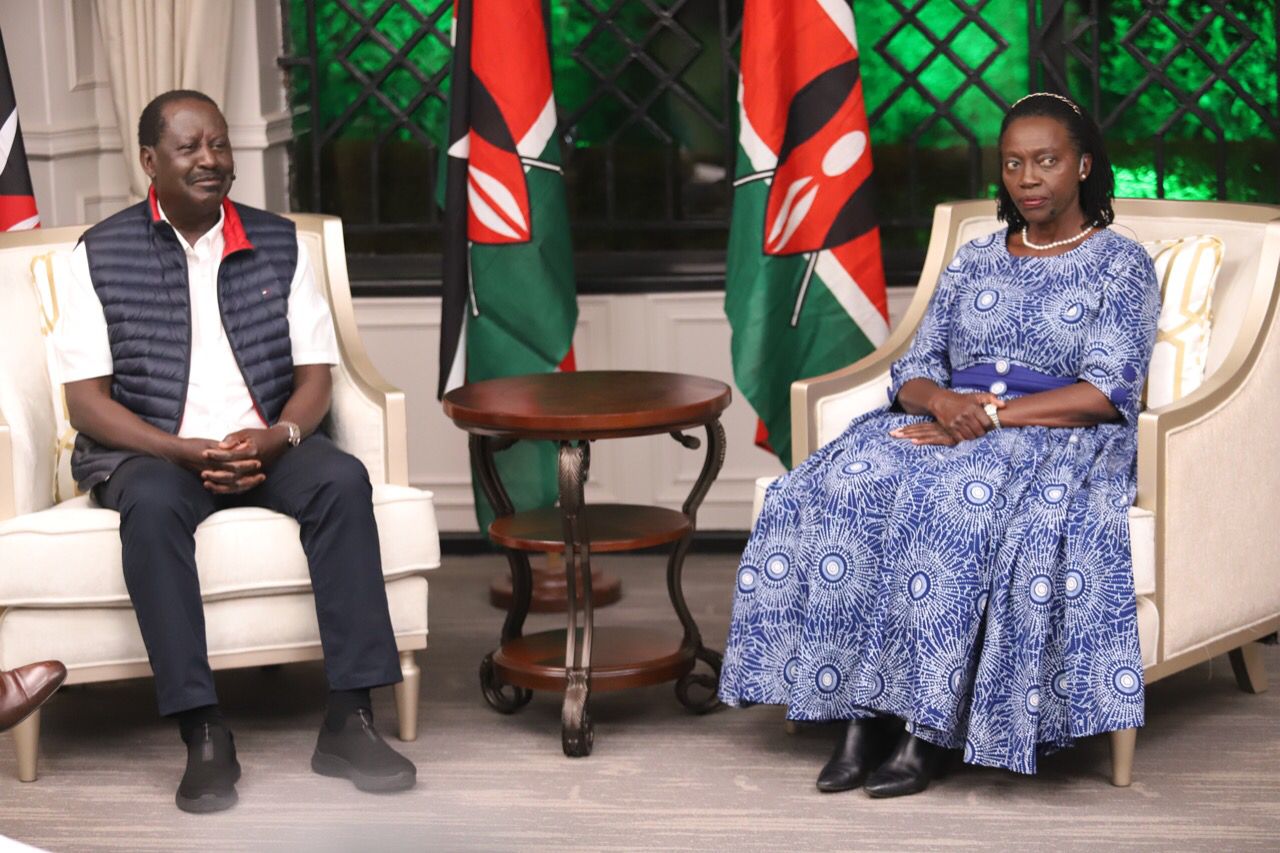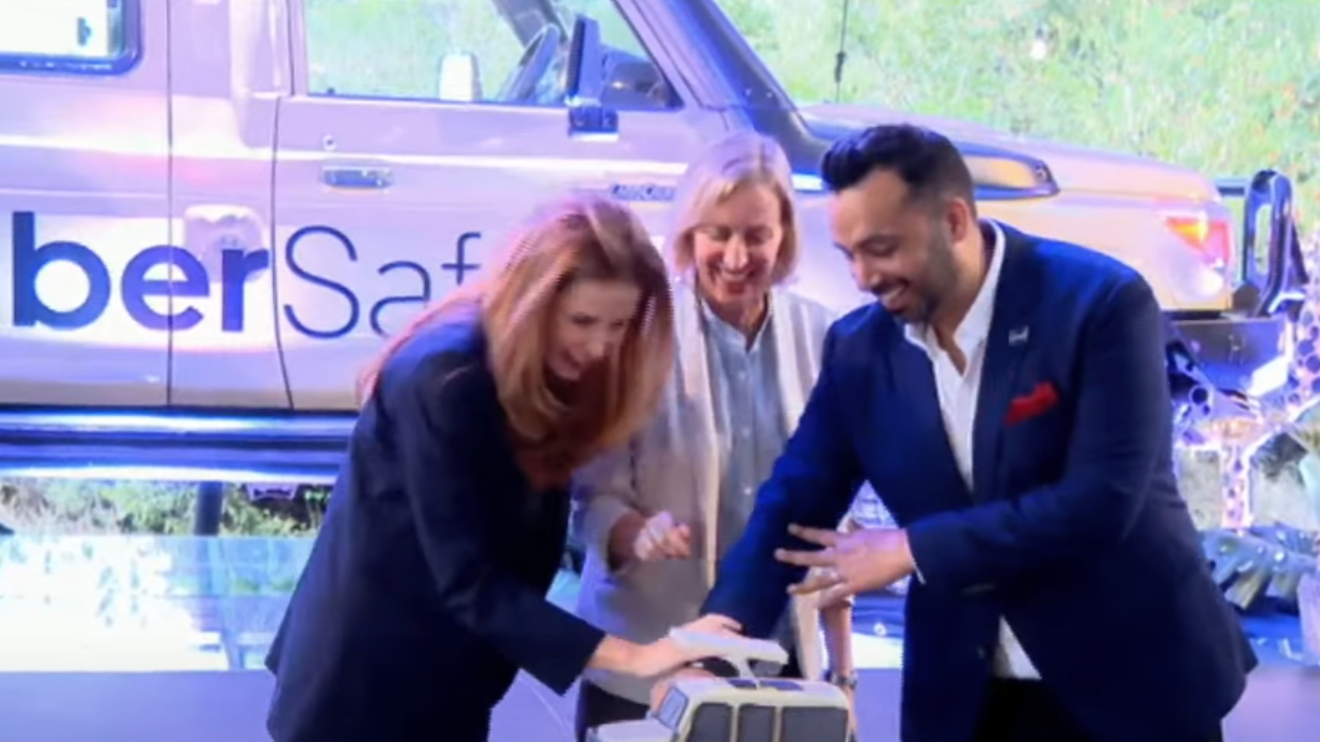The Azimio la Umoja One Kenya coalition presidential candidate Raila Odinga has stood by his Sh6,000 monthly social protection programme.
Speaking during the interview he hosted together with his running mate Martha Karua on Tuesday, Raila told off those people who criticise his planned program and term it unrealistic.
He explained the program is not the first one of its kind as it has worked in other countries, and he gave examples.
“We are talking about social protection programme which is not only being introduced in this country but is also implemented in other countries in the world, most European Countries like the UK, Brazil and United States,” Raila said.
Raila also mentioned African countries in which the social protection programme has been implemented such as Namibia and Egypt.
Read More
He also revealed a Kenyan who helped design the programme in Namibia has worked with local experts.
"On this continent, it is in Egypt and in Namibia. A Kenyan who helped design the Namibian programme is the one who has actually worked with our experts here," he revealed.
The former premier clarified that the stipend targets 2 million people living below the poverty line. He said his the figures he was talking about are according to the Kenya National Bureau of Statistics (KNBS).
“A number of Kenyans who live below the poverty line. These figures are taken from the Kenya National Bureau of Statics (KNBS) and they have already been profiled. About 2 million families; a family of about four people per family, totalling about 8 million people," Raila said.
"That equates to Sh12, billion per month and to Sh144 billion per year.”
On the source of the funds for his social protection programme, Raila said he would block all the corruption loopholes that unscrupulous individuals use to siphon Sh2 billion of public funds daily according to President Uhuru Kenyatta.
"The budget consists of income and expenditure, you are under-collecting and overspending. If you lock the corruption, you can have a saving of about Sh500 billion, and we are talking about only Sh144 billion," he said.
He said he settled on the Sh6,000 figure in order to bring people to live above one dollar per day.








 shares a light moment with the company's Group CEO Dr Patrick Tumbo (right) at a past event-1758121528.jpeg)
-1758116028.jpeg)


